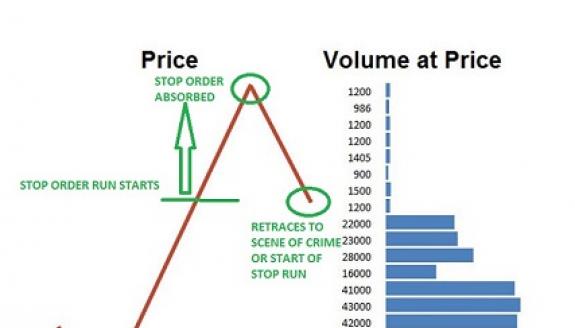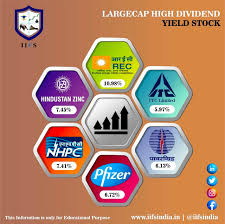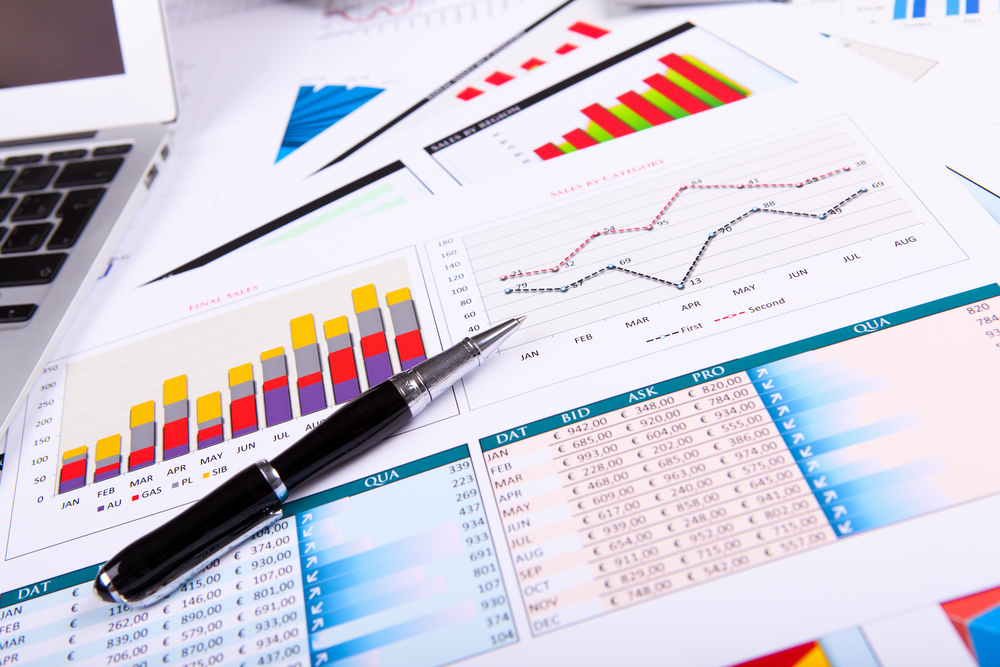
Will stocks continue to plummet as the global economic slowdown affects the world economy? Wall Street strategists are convinced so. But what does the future hold for stocks? Let's review the history of the stock exchange, how stock prices are affected, and what the Fed's role is. This article will give you the information you need to make an informed decision on the stock market. Although the stock market may stabilize in the near future, it is likely that it will continue to fluctuate for some time.
Wall Street forecasters predict a revival in major equity benchmarks
Wall Street firms believe stock prices will rebound next Year, but it is unlikely that they will rise as the U.S. economies continues to grow, and supply chain challenges ease. A possible end to the Ukraine/Russia conflict could also be a factor that could slow down a rebound. President Joe Biden stated that he doesn’t believe in lockdowns but warned against overly optimistic expectations. The S&P 500 is expected to finish the year below its lifetime highs, and it will likely stay below them until 2023's second half.

If the Fed's medicine does work, then markets will stabilize
The economy is expanding at a steady pace. However, Federal Reserve policymakers are poised for the next step: raising interest rates. While this will reduce inflation, it will also put downward pressure on all investments. Also, increasing interest rates could cause stocks to plummet and lead to a recession. However, this would be catastrophic for the economy. The Fed's current policy is likely not to cause a recession.
Factors that affect stock prices
In addition to traditional economic principles, investor sentiment and supply and demand are also important factors in the performance of the stock market. When investors feel confident, stocks will tend to go up in price. Investor confidence will usually drop when the economic outlook looks uncertain or is headed into recession. Stock prices will also fall if investor confidence is low. Here are some of most important factors that impact stock prices. They are described below.
The history of the stock market
When the stock market first evolved, it wasn't about trading company shares, but debt securities. In antiquity, people borrowed money, often at very high interest rates, from merchants. To create a market for these loans, companies created limited liability companies. In return, these companies offered investors shares in the company’s profits. However, before the stock exchange became the most popular place to buy and trade stocks, it was crucial to create a stable market.

Avoid investing too soon and too often in order to avoid falling into the trap of crashing.
It's best to invest before the market crashes. However, you don't necessarily need to invest when the markets are at the highest. You can benefit from buying when the prices are low. Buy on dips can be an excellent way to make long-term money. To avoid making huge mistakes, however, you should wait for the market's rebalancing before buying.
FAQ
What is a bond?
A bond agreement between two parties where money changes hands for goods and services. Also known as a contract, it is also called a bond agreement.
A bond is normally written on paper and signed by both the parties. This document contains information such as date, amount owed and interest rate.
The bond can be used when there are risks, such if a company fails or someone violates a promise.
Bonds are often used together with other types of loans, such as mortgages. This means the borrower must repay the loan as well as any interest.
Bonds can also raise money to finance large projects like the building of bridges and roads or hospitals.
When a bond matures, it becomes due. This means that the bond owner gets the principal amount plus any interest.
Lenders lose their money if a bond is not paid back.
How are shares prices determined?
Investors decide the share price. They are looking to return their investment. They want to earn money for the company. So they purchase shares at a set price. The investor will make more profit if shares go up. If the share price falls, then the investor loses money.
The main aim of an investor is to make as much money as possible. They invest in companies to achieve this goal. They can make lots of money.
What is a Stock Exchange?
Companies can sell shares on a stock exchange. This allows investors to purchase shares in the company. The price of the share is set by the market. It is typically determined by the willingness of people to pay for the shares.
The stock exchange also helps companies raise money from investors. Companies can get money from investors to grow. They do this by buying shares in the company. Companies use their money in order to finance their projects and grow their business.
Many types of shares can be listed on a stock exchange. Some are called ordinary shares. These are the most common type of shares. Ordinary shares can be traded on the open markets. Stocks can be traded at prices that are determined according to supply and demand.
Preferred shares and bonds are two types of shares. Priority is given to preferred shares over other shares when dividends have been paid. These bonds are issued by the company and must be repaid.
Why are marketable Securities Important?
An investment company's main goal is to generate income through investments. This is done by investing in different types of financial instruments, such as bonds and stocks. These securities have certain characteristics which make them attractive to investors. They may be safe because they are backed with the full faith of the issuer.
The most important characteristic of any security is whether it is considered to be "marketable." This is how easy the security can trade on the stock exchange. Securities that are not marketable cannot be bought and sold freely but must be acquired through a broker who charges a commission for doing so.
Marketable securities can be government or corporate bonds, preferred and common stocks as well as convertible debentures, convertible and ordinary debentures, unit and real estate trusts, money markets funds and exchange traded funds.
These securities are often invested by investment companies because they have higher profits than investing in more risky securities, such as shares (equities).
Statistics
- The S&P 500 has grown about 10.5% per year since its establishment in the 1920s. (investopedia.com)
- US resident who opens a new IBKR Pro individual or joint account receives a 0.25% rate reduction on margin loans. (nerdwallet.com)
- Even if you find talent for trading stocks, allocating more than 10% of your portfolio to an individual stock can expose your savings to too much volatility. (nerdwallet.com)
- "If all of your money's in one stock, you could potentially lose 50% of it overnight," Moore says. (nerdwallet.com)
External Links
How To
How to make a trading plan
A trading plan helps you manage your money effectively. It will help you determine how much money is available and your goals.
Before you begin a trading account, you need to think about your goals. You may want to make more money, earn more interest, or save money. If you're saving money you might choose to invest in bonds and shares. You could save some interest or purchase a home if you are earning it. Maybe you'd rather spend less and go on holiday, or buy something nice.
Once you decide what you want to do, you'll need a starting point. This depends on where your home is and whether you have loans or other debts. Consider how much income you have each month or week. The amount you take home after tax is called your income.
Next, you will need to have enough money saved to pay for your expenses. These include bills, rent, food, travel costs, and anything else you need to pay. Your total monthly expenses will include all of these.
You'll also need to determine how much you still have at the end the month. That's your net disposable income.
Now you know how to best use your money.
Download one from the internet and you can get started with a simple trading plan. Or ask someone who knows about investing to show you how to build one.
Here's an example of a simple Excel spreadsheet that you can open in Microsoft Excel.
This displays all your income and expenditures up to now. It includes your current bank account balance and your investment portfolio.
Here's another example. This was created by a financial advisor.
It will help you calculate how much risk you can afford.
Don't try and predict the future. Instead, focus on using your money wisely today.